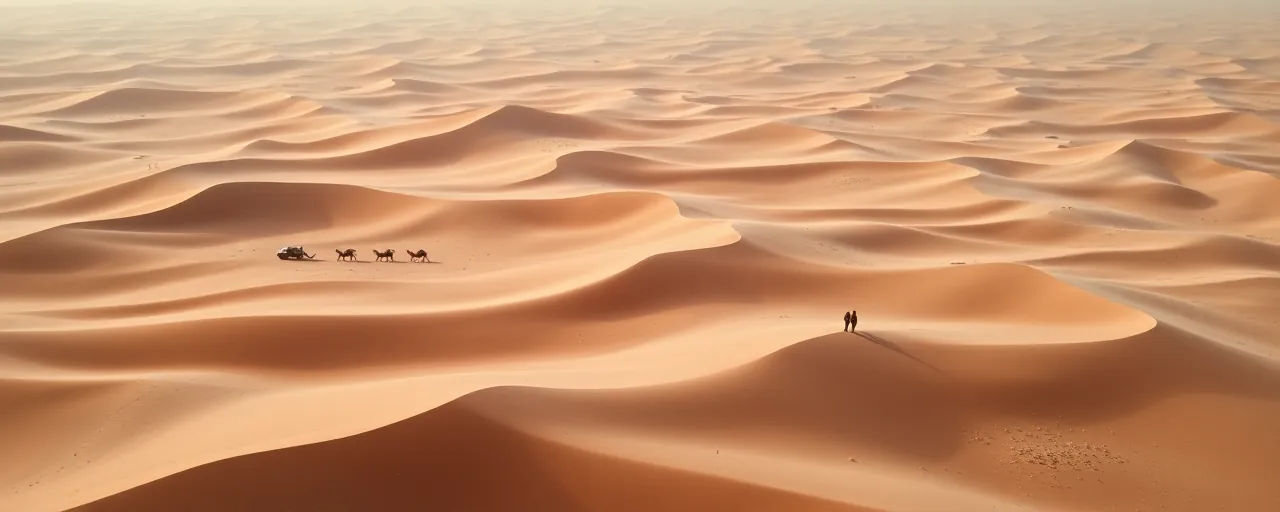A Partnership That Packs a Punch
Secretary of State Marco Rubio’s meeting with Moroccan Foreign Minister Nasser Bourita on April 8, 2025, wasn’t just another diplomatic photo-op. It was a thunderous declaration of America’s unshakable alliance with Morocco, a nation proving itself a linchpin in a volatile region. Under President Trump’s leadership, alongside King Mohammed VI’s steady hand, the U.S.-Morocco partnership is flexing its muscles, advancing peace, security, and prosperity in ways that leave doubters scrambling for answers. From tackling Hamas’s hostage crisis to expanding commercial ties, this duo is rewriting the playbook on how to get things done.
The stakes couldn’t be higher. With the Middle East teetering between chaos and opportunity, Rubio and Bourita doubled down on shared goals, building on the Abraham Accords and confronting threats head-on. This isn’t about empty promises or endless debates. It’s about results, people, real-world impacts that Americans and Moroccans can feel in their wallets and see in a safer tomorrow. While some naysayers clutch their pearls over bold moves, the message from Washington and Rabat is clear: strength and resolve win the day.
Western Sahara: Morocco’s Plan Prevails
Let’s talk Western Sahara. Rubio didn’t mince words, reaffirming President Trump’s stance that Morocco’s sovereignty over the territory isn’t up for debate. The Autonomy Proposal, a serious, credible plan, stands as the only realistic path to end decades of squabbling. It’s not a suggestion; it’s the framework. The U.S. is putting its weight behind Morocco, urging all parties to quit stalling and negotiate a deal that works. This isn’t about caving to pressure, it’s about recognizing what’s practical, a solution that brings stability to North Africa and shuts down endless cycles of conflict.
Contrast that with the chaos peddled by Algeria and the Polisario Front, who cling to outdated dreams of independence that defy reality. Their approach has delivered nothing but stalled talks and broken ceasefires, like the one they torched in 2020. Morocco’s governance model, backed by growing international support, France included, offers a lifeline to a region desperate for order. Critics whine about self-determination, but where’s their plan? The U.S. sees Morocco’s proposal for what it is: a winner that delivers peace without pandering to pipe dreams.
Hamas’s Hostage Games Meet Their Match
Then there’s Hamas. Rubio laid it out plain: release the hostages, all of them, now. No excuses, no delays. Morocco’s leadership in pushing for a better future for Israelis and Palestinians alike got a well-deserved nod from the Secretary. Since the October 2023 attacks, Hamas has held 59 souls in brutal conditions, dragging its feet despite phased deals that freed 33 captives earlier this year. Trump’s administration, with Morocco’s help, is turning up the heat, brokering ceasefires and demanding action, while Israel’s military gears up when talks falter.
Some bleeding hearts argue for more patience, more concessions to Hamas. That’s nonsense. History shows coddling terrorists only emboldens them, look at the 2023 prisoner swaps that let Hamas regroup. Morocco and the U.S. aren’t playing that game. They’re forging a path that prioritizes human lives and regional security over appeasement. The Abraham Accords, now expanding under Trump’s second term, amplify this effort, proving diplomacy backed by strength can shift the tide against chaos.
Trade and Triumph: A Win for Both Nations
Beyond security, the U.S.-Morocco bond is paying dividends where it counts: jobs and growth. The Free Trade Agreement keeps humming, with tariff tweaks in 2025 boosting agricultural exports like frozen meat to American tables. Military ties, think African Lion exercises, cement Morocco as a counterterrorism powerhouse in the Sahel. This isn’t charity; it’s a partnership that strengthens both nations against global headwinds. Rubio and Bourita’s talks signaled more to come, a blueprint for prosperity that puts America first while lifting Morocco alongside.
Compare that to the hand-wringing of globalists who’d rather tie our hands with red tape. The U.S.-Morocco model proves free nations can thrive without bowing to bureaucrats or hostile regimes. It’s a stark reminder that alliances built on mutual benefit, not endless debates, drive real progress. Morocco’s rise as a trade and security ally under Trump’s watch is a success story worth shouting about.
The Road Ahead: No Backing Down
Rubio’s sit-down with Bourita wasn’t a one-off. It’s a rallying cry for what’s possible when America stands tall with allies like Morocco. The Abraham Accords are gaining steam, Western Sahara’s future is clarifying, and Hamas is feeling the squeeze. This is leadership in action, not the dithering we’ve seen from weaker hands in years past. The U.S. and Morocco are proving that peace and strength aren’t mutually exclusive, they’re two sides of the same coin.
For Americans watching their tax dollars at work and Moroccans eyeing a brighter future, this alliance delivers. It’s a rejection of the timid, a bold bet on resolve over retreat. As Trump’s administration pushes forward, with Morocco by our side, the message rings loud: we’re here to win, not to waffle. That’s a vision worth fighting for, one that’s already changing the game.
